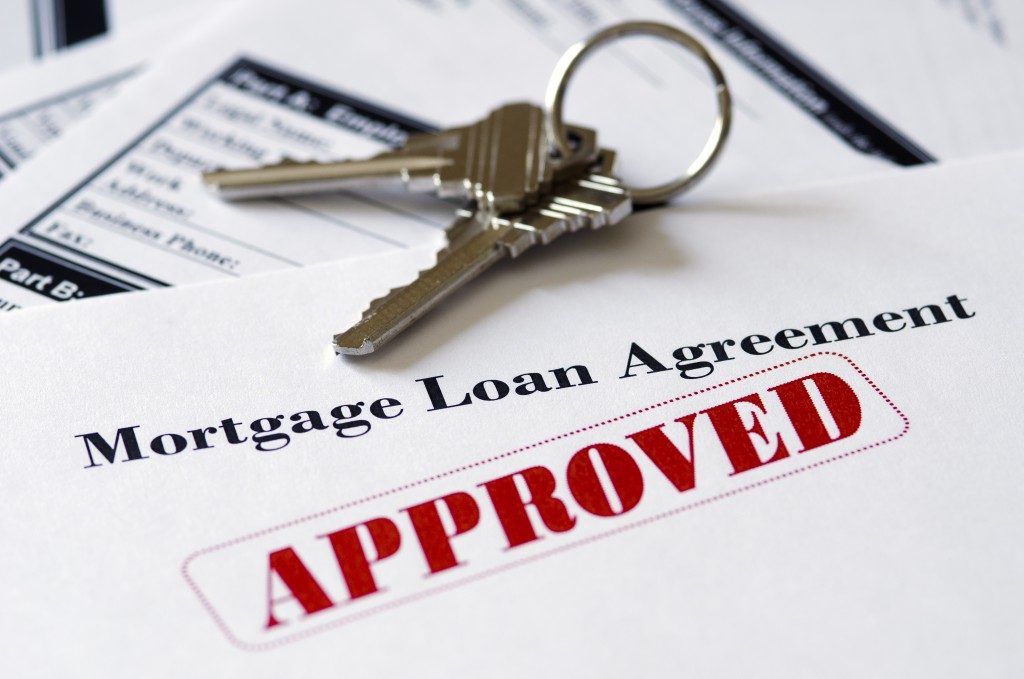One smart move when buying a house is getting a mortgage preapproval first before visiting potential homes. This is because it lets you know the amount of loan you can borrow, which therefore prevents you from getting your hopes up or looking at properties beyond what you can afford. A preapproval, furthermore, shows sellers and agents that you are serious as a buyer.
Do take note, however, that the amount indicated on your preapproval letter is the maximum amount of money you can borrow. This is why if the loan you are preapproved for is more substantial than what you expect, you cannot just disregard your initial budget and assume that it is okay to buy a house based your loan’s maximum limit.
Look at the big picture
If you found out that the bank or the lender is willing you let get a larger loan, find out what your monthly payments will be like if you are thinking of borrowing that amount. You may be surprised that in most cases, qualifying for a bigger mortgage does not always mean that you can comfortably afford the monthly payment that comes with it.
There are also some risks involves if you decide to overextend yourself in getting a bigger mortgage. Here are some of them:
- Struggle to afford the payments (especially if something unexpected happens)
- Increased risk of mortgage default, foreclosure, and bankruptcy
- Become house poor
- Incur more debt
- Not be able to live comfortably or stress-free
Shop below the limit

Mortgage lenders in Fort Myers note that best approach when deciding on a loan amount is to shop below the maximum amount. It is also a good idea to determine the monthly payment that suits your budget and get a loan size that fits your current situation. Keep in mind that the size of your mortgage and loan payments can significantly affect your budget for the month.
Buying a bigger house may seem like a good move initially, but keep in mind that there are severe consequences if you can’t pay for the mortgage in full or on time. These include:
- Penalty fees or late charges
- Damage to credit score/rating (this will make it hard for you to get loans in the future)
- The loan may go into default
- Foreclosure (the lender will have to sell your home to recover the losses)
Think of your other plans and goals
If you, for instance, have an initial budget of $300,000 but are approved for a $450,000 loan, take a step back first deciding to modify your budget even just for a little amount. Ask yourself if you can afford it while thinking about your other goals in the future. Are you planning to have kids, buy a new car, or travel abroad? Extending your budget may not be the best idea if you have plans like these.
If a home loan could affect your ability to achieve other goals and commitment, then it is not worth it to alter your budget. Even if you don’t have clear plans and goals, this might change in the future, and you’ll need enough money or resources to accommodate those changes or goals.
You, of course, are free to get whatever size of loan/house you want and extend your budget. But before you decide to do it, ask yourself if it’s really necessary. You can also talk to other homeowners, real estate agent, and reliable lenders to help you make an informed decision.